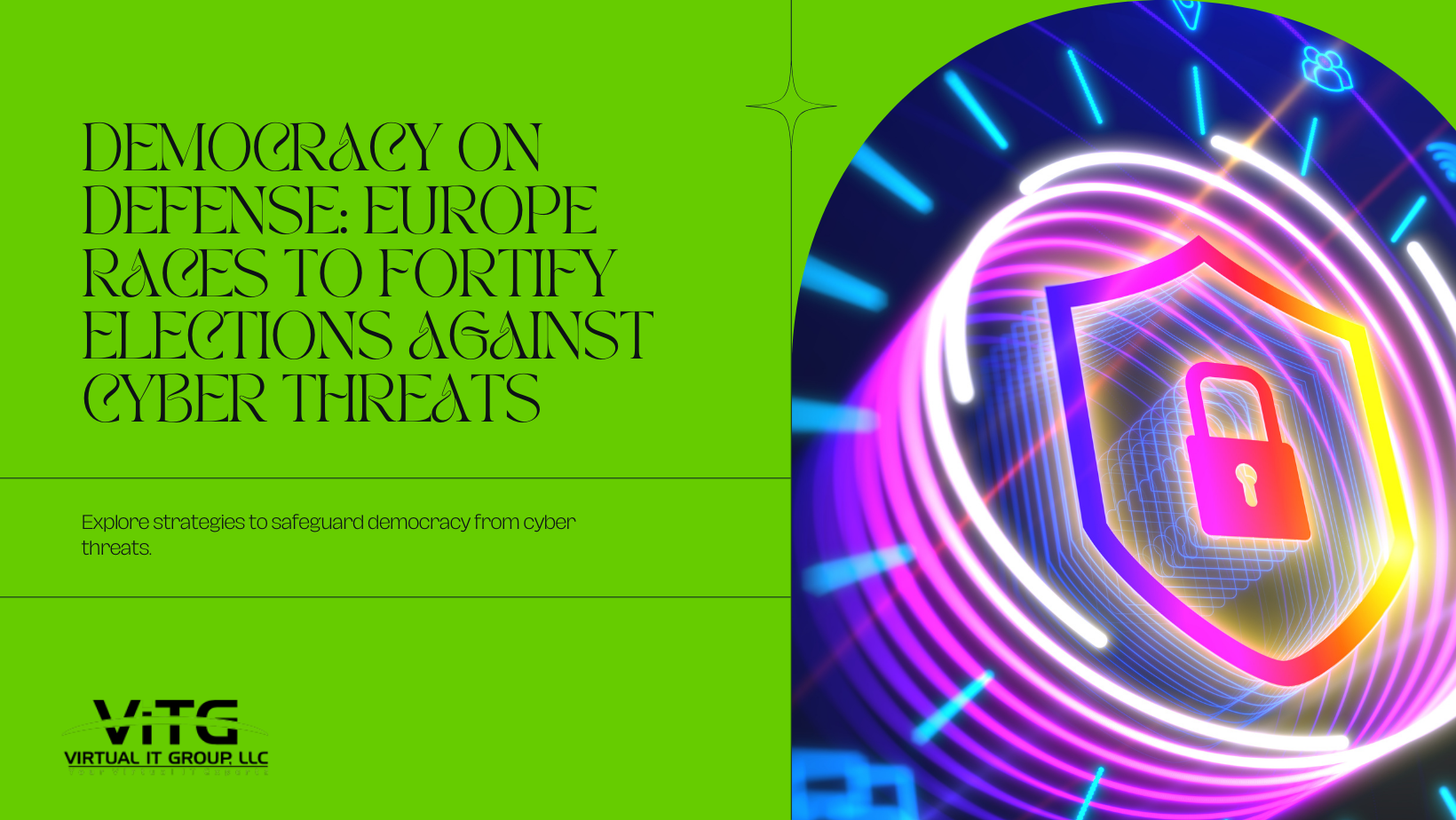In recent years, Europe has faced a growing challenge: protecting its democratic elections from cyber threats. As technology advances, so do the tactics of those aiming to disrupt the democratic process. From hacking attempts to misinformation campaigns, the threats are varied and sophisticated. Here’s how Europe is stepping up its defenses to ensure the integrity of its elections.
The Growing Cyber Threat
Cyber threats to elections are not new, but they have become more pronounced and complex. Countries like Russia have been accused of using cyber tactics to influence elections across Europe and beyond. These tactics include hacking into political party databases, spreading fake news, and launching denial-of-service attacks on election infrastructure.
European Initiatives to Strengthen Election Security
European nations are implementing several measures to safeguard their elections:
Enhanced Cybersecurity Measures
Countries are investing in robust cybersecurity frameworks. This includes securing election databases, using advanced encryption methods, and employing cybersecurity experts to monitor suspicious activities.
International Cooperation
European countries are working together to share intelligence and best practices. Organizations like the European Union Agency for Cybersecurity (ENISA) play a pivotal role in coordinating these efforts. You can learn more about ENISA’s role here.
Public Awareness Campaigns
Educating the public about the dangers of misinformation and how to recognize it is crucial. Governments are running campaigns to inform citizens about how to verify information and avoid falling prey to fake news.
Technology and Innovation
Innovative solutions, such as blockchain technology, are being explored to enhance the transparency and security of the voting process. Blockchain can provide a tamper-proof record of votes, making it harder for malicious actors to alter results.
Case Study: Estonia’s E-Residency Program
Estonia is a pioneer in using digital technology to enhance its election security. The country’s e-Residency program allows citizens to vote online securely, using advanced encryption and identity verification methods. This approach has significantly reduced the risk of cyber interference.
For more information on Estonia’s innovative e-Residency program, visit Estonia’s official site.
Challenges Ahead
Despite these efforts, challenges remain. Cyber threats are constantly evolving, and defending against them requires ongoing vigilance and adaptation. Ensuring the security of elections also means balancing privacy concerns and maintaining public trust in the electoral process.
Conclusion
Europe is at the forefront of the battle to protect democratic elections from cyber threats. Through enhanced cybersecurity measures, international cooperation, public awareness campaigns, and innovative technologies, European nations are working tirelessly to safeguard the integrity of their elections. As these efforts continue, it’s essential for all stakeholders, including citizens, to remain informed and vigilant.
For more insights on cybersecurity solutions and how they can help protect your organization, visit Virtual IT Group.
By staying proactive and working together, Europe can ensure that its democratic processes remain free and fair, standing strong against the tide of cyber threats.


